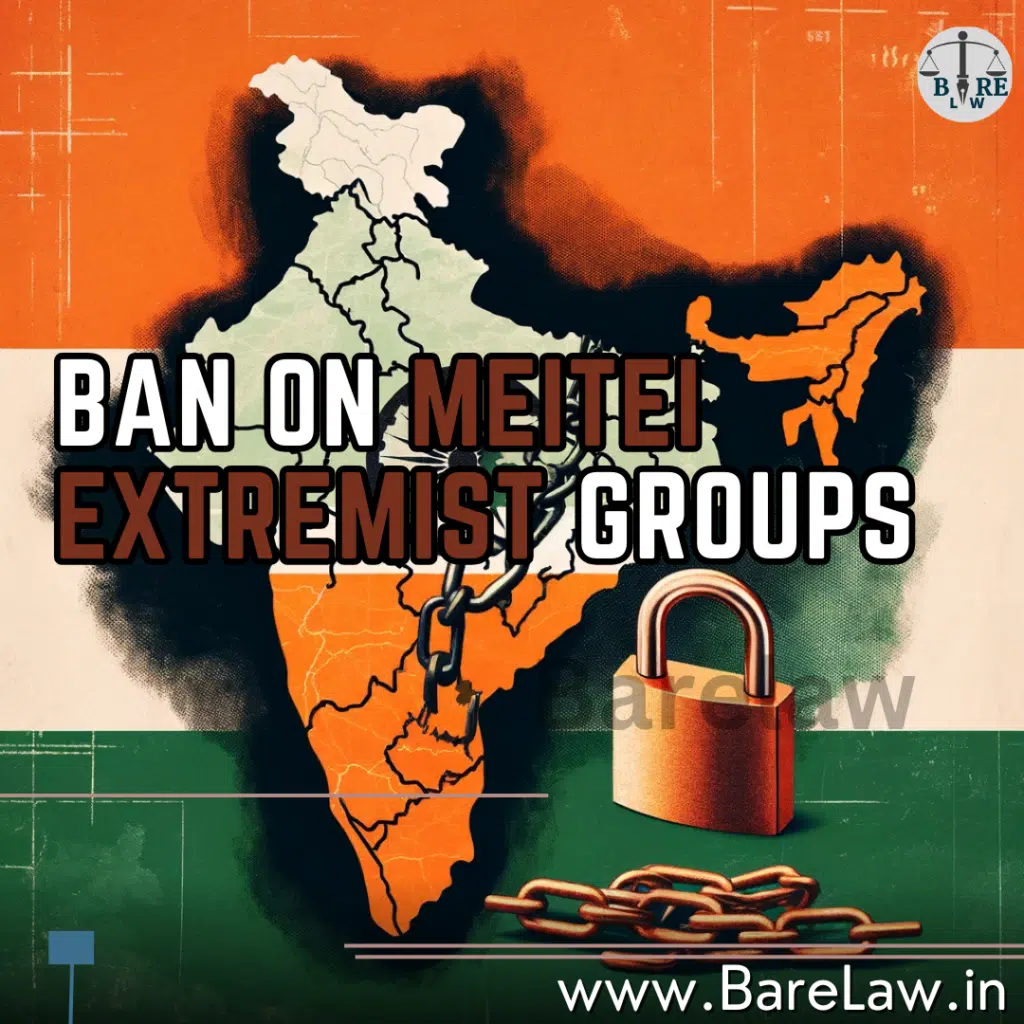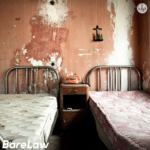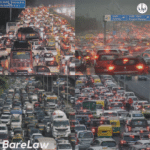
Extends Ban on Meitei Extremist Groups in Manipur
In a decisive move to maintain national integrity and security, India’s Home Ministry has officially extended the prohibition against seven Meitei extremist organizations in the northeastern state of Manipur. These groups, known for their separatist ideologies, have been persistent in their efforts to secede from India. On Monday, the Ministry issued a notification declaring the continuation of the ban under the stringent Unlawful Activities Prevention Act (UAPA) of 1967, reinforcing the government’s commitment to thwart any threats to the sovereignty of the nation.
Sustained Crackdown on Insurgency
For the last five years, these organizations have been under the government’s radar due to their subversive and violent activities. The current extension signals a crucial step in India’s counter-terrorism efforts, particularly in a region where ethnic tensions have historically challenged peace and order. The banned groups include:
- The Peoples’ Liberation Army (PLA) and the Revolutionary Peoples’ Front (RPF),
- The United National Liberation Front (UNLF) and the Manipur Peoples’ Army (MPA),
- The Peoples’ Revolutionary Party of Kangleipak (PREPAK) and its “Red Army,”
- The Kangleipak Communist Party (KCP) and its “Red Army,”
- The Kanglei Yaol Kanba Lup (KYKL),
- The Coordination Committee (CorCom), and
- The Alliance for Socialist Unity Kangleipak (ASUK).
These groups have been labeled as “unlawful associations,” a designation that puts a spotlight on the gravity of their actions against the state.
A Law That Protects National Sovereignty
Under Section 3 of the UAPA, the Indian government is empowered to label any organization as “unlawful” if it believes that the association’s activities pose a threat to the country’s sovereignty and integrity. This provision is a protective measure, allowing the state to take preemptive action against groups that aim to undermine the nation’s stability through insurgency and terrorism.
A String of Unlawful Activities
The notification by the Home Ministry outlines a series of offenses committed by these banned groups. Their actions range from attacks on security forces and police to the killing of civilians. They have been accused of instigating acts of intimidation, extortion, and looting amongst the local population as a means to finance their operations. Such activities have not only spread fear among the people but have also created an environment of lawlessness and disruption.
A Troubled History of Ethnic Violence
The extension of the ban comes against the backdrop of ongoing ethnic strife in Manipur, marked by a bloody history between the dominant Meitei and the tribal Kuki groups. Since the recent outbreak of violence on May 3, the conflict has claimed the lives of at least 178 individuals and resulted in the displacement of over 50,000 residents. The government’s action is a direct response to these escalating tensions, aiming to stabilize the region and protect its inhabitants.
Conclusion
The decision to extend the ban is a part of a broader strategy to combat extremism and maintain public order in Manipur. It underscores the government’s resolve to not only counteract secessionist movements but also to assure the citizens of their safety. As India continues to navigate through the challenges of internal security, measures such as these affirm the government’s vigilance and readiness to act against any threat to its territorial integrity and the well-being of its people.



